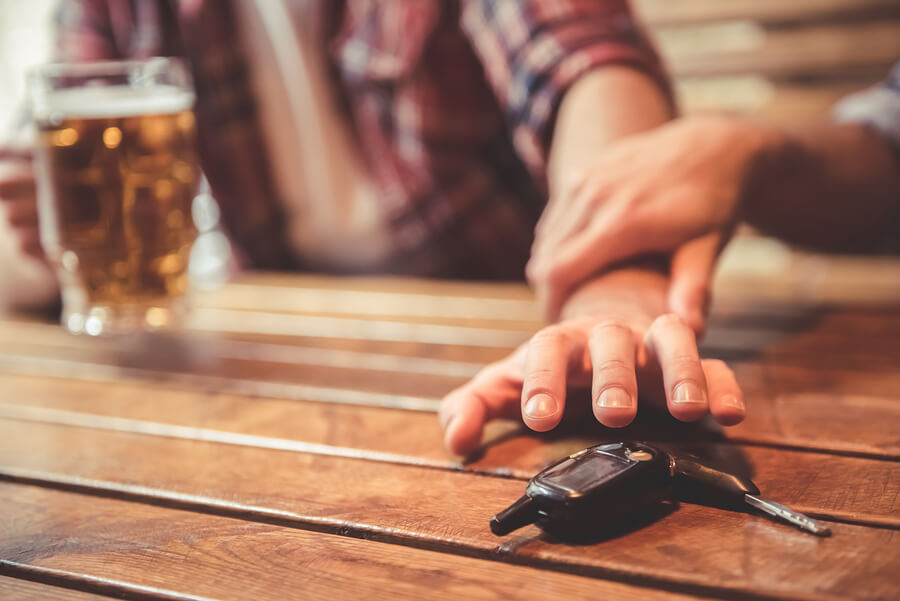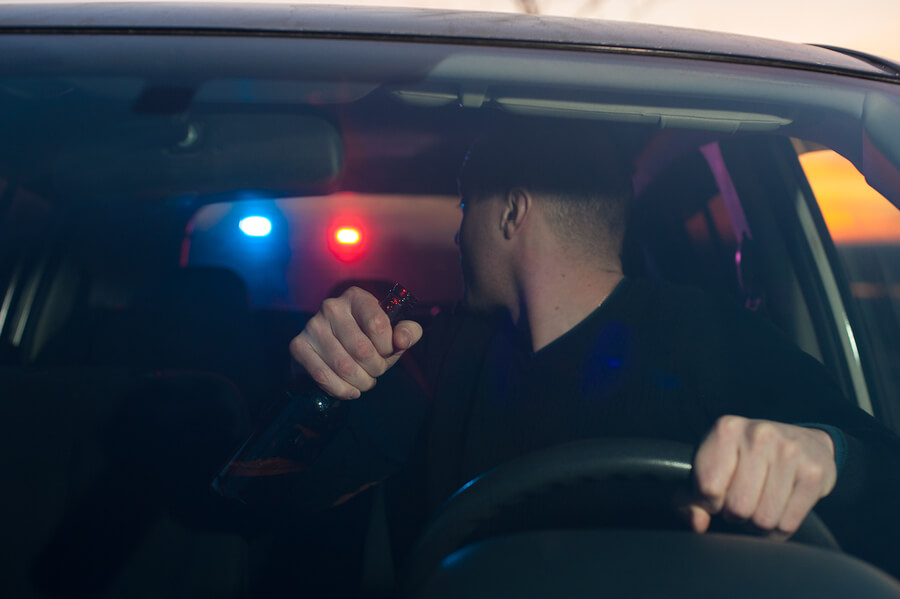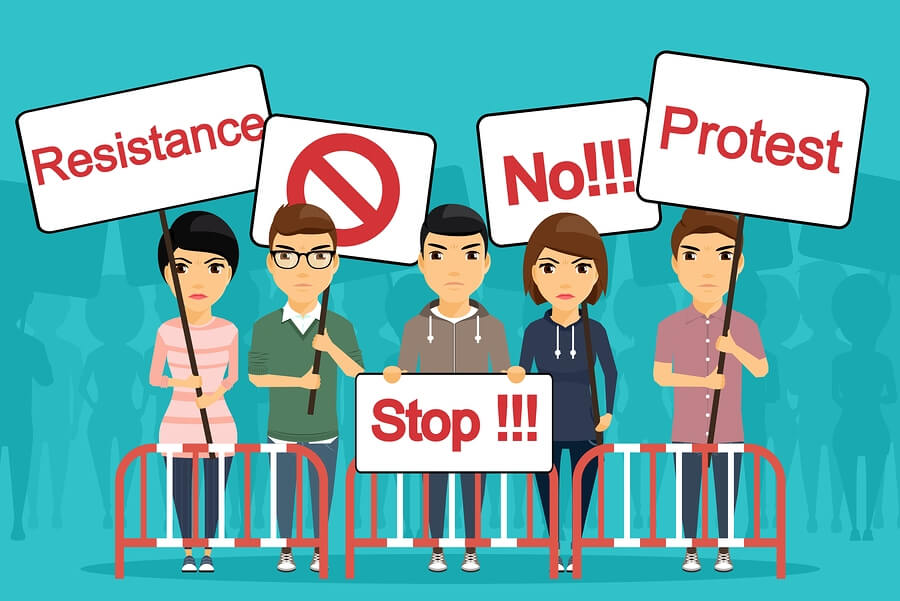Charged with a drug crime in Wake County? Depending on a variety of factors, such as the actual drug crimes you were charged with, the circumstances surrounding the alleged offense, and other aggravating and mitigating factors, you could be facing a misdemeanor or a felony, punishable by large fines, incarceration, and other penalties.

However, you do have legal options when charged with a drug crime, and you are allowed to defend the charges with the criminal defense representation of a Wake County drug crimes lawyer. At the Law Office of Dewey P. Brinkley, attorney Brinkley has defended many individuals charged with drug possession, distribution, and more.
For a free consultation regarding your charges and how we can help, call our Raleigh defense law firm today at 919-832-0307.
Types of Drug Crimes in North Carolina
Both federal and North Carolina laws cover and enforce many types of drug crimes. For most drug crimes in Wake County, however, it is state, county, or local police who arrest and charge Wake County residents with drug crimes. This means that you’ll be dealing with the State criminal justice system; if you were arrested on federal charges, your case will go through federal courts.
Some of the more common types of drug crimes include:
- Drug Paraphernalia — Describes any piece of equipment used to prepare, inject, inhale, or conceal illegal drugs. It is a misdemeanor to possess drug paraphernalia (N.C.G.S. § 90-113.22), including bongs, a wide variety of pipes, rolling papers, and syringes.
- Drug Possession — It is illegal in North Carolina to possess any illicit controlled substances, such as marijuana, cocaine, heroin, ecstasy, and so forth. Smaller amounts can result in less serious punishments, while larger amounts can result in more severe punishments.
- Drug Manufacturing & Deliver — It is illegal in North Carolina to be involved in any step of the production process of an illegal drug. Manufacture of any drug is usually a felony. It is important to note that marijuana cultivation involves a much different penalty than, say, meth manufacturing.
- Drug Trafficking — It is illegal in North Carolina to possess, transport or distribute (sell) large amounts of controlled substances. Drug trafficking requires a mandatory minimum jail sentence.Trafficking 10 to 50 pounds of weed can result in 25 to 30 months in prison, while trafficking 4 to 14 grams of heroin can result in 70 to 84 months in prison.
- Drug Dealing — This refers to the selling of drugs on a smaller scale (compared to trafficking), and it can be a misdemeanor or felony depending on the type and quantity of drug.
It is also important to note that North Carolina law also makes it illegal to own a grow house, or maintaining a property used to drug manufacturing or distribution purposes.
What to Do If You’re Charged With a Drug Crime in North Carolina
If you or a loved one is charged with drug possession (or another drug crime) in North Carolina, there are going to be some important legal decisions that you need to make. Furthermore, it’s important to remember that, in North Carolina, if you are 16 years old or older, then you can be charged as an adult in our criminal justice system.
First offenders, however, do have the option for dismissal of certain drug charges; however, the First Offender program is often wasted by those who are innocent, by charges based on insufficient evidence, or those who are victims of illegal detentions, searches, and seizures.
Nonetheless, while you’re being arrested with a drug crime in North Carolina, it’s important to use your right to remain silent. If you believe that the police have acted wrongly, don’t fight the police on the scene. Instead, collect the names and addresses of witnesses and file a written record as soon as possible.
After the arrest, it’s best to consider your legal options and consult with your drug crimes defense lawyer.
Your Defense Attorney and Drug Crime Legal Process
If you’ve been charged with a drug crime in North Carolina, about 95 percent of the cases will have one of the following six outcomes:
- Not Guilty. If found not-guilty, the defendant has the right to an expungement to have the criminal record wiped clean of any indication of an arrest or a charge.
- Guilty. If found guilty, the judge will listen to the State and the Defense to determine sentencing.
- Plea Agreement With Cooperation. The State agrees to dismiss some of the charges or reduce punishment in exchange for a guilty plea and, possibly, “substantial assistance,” which as working with law enforcement in drug buys and phone calls, and possibly testifying against others involved in drug trade.
- Plea Agreement Without Cooperation.The State agrees to dismiss some of the charges or reduce punishment, but the defendant refuses to cooperate.
- Division or Deferral Program. In some cases, a person may be eligible to take part in a division or deferral program.
- Dismissed Charges. Sometimes, charges are dismissed for a variety of reasons.
Contact Wake County Drug Crimes Attorney Dewey Brinkley
If you are arrested for an alleged drug crime in North Carolina, the most important thing to remember is to stay calm and that you have rights. Secondly, following the arrest, you can count on Wake County drug crimes attorney Dewey Brinkley to provide a professional, vigorous legal defense. For a free consultation with attorney Brinkley, call our Wake County law firm today at 919-832-0307.

 According to
According to 



